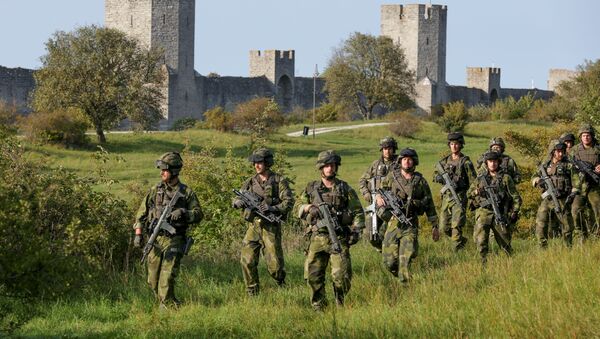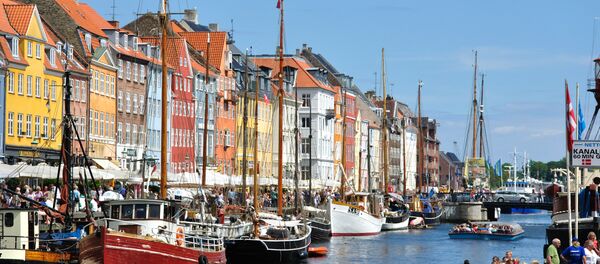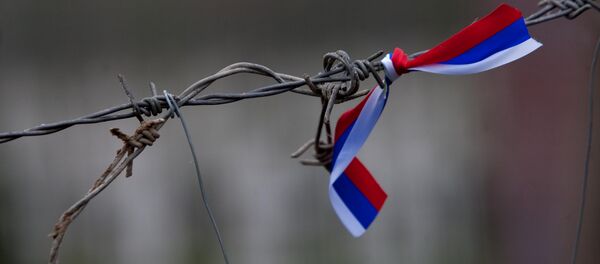"I'm getting pretty tired of all these maps with Kaliningrad as a starting point which illustrate how Russia could strike at us," Viggo Jakobsen told Hufvudstadsbladet.
Meanwhile, speculative fears of Russian "aggression" have been largely utilized by Swedish and Finnish hawks to push traditionally non-aligned countries into further cooperation with NATO and even eventual membership. At present, Sweden and Finland take part in NATO exercises and overseas operations are NATO members in all but name. Reports advocating full-scale membership and promising considerable security bonuses have succeeded one another in both the Nordic countries.
Viggo Jakobsen does not believe in either Swedish or Finnish NATO membership in the near future. Despite fluctuations of the public opinion which recent polls indicate, the majority of Finns and Swedes remain opposed to joining NATO.
"One can certainly see some shifts in public opinion. But unless there is anything that spawns fear, changes are unlikely to occur," Viggo Jakobsen said.
"However, with their EU membership both Finland and Sweden have already gained this identity and are part of the West. So the question is basically already settled," Viggo Jakobsen noted.
What matters most, according to Viggo Jakobsen is how the United States perceives the situation. If the US favors an immediate NATO membership for Finland and Sweden on the countries' own request, the rest of NATO states will be forced to cooperate. Viggo Jakobsen compared the situation to that when Turkey became a NATO member. Denmark was openly reluctant to accept Turkish membership, but it only turned out to slow down the process.
"Lengthy and difficult negotiations between Denmark and Russia are to be expected, but eventually it will end as between Norway and Russia in the Barents Sea. Eventually, we will reach some kind of agreement," Viggo Mortensen concluded.
The successful delimitation of the Norwegian-Russian aquatic border in the Barents Sea in 2010 led to a surge in bilateral oil and gas projects.






